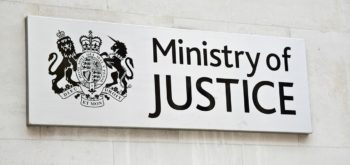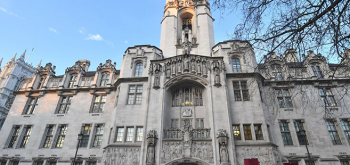Access to justice has always been a disputed concept – what do we mean by ‘access’, let alone justice? Our courts, tribunals and other redress or dispute resolution systems have never been easy for users – nor are they meant to be, as they have to apply rules impartially in difficult circumstances such as relationship breakdown or criminal proceedings. But the post-war consensus has been that legal redress or legal defence should not be exclusive to any one section of society, and certainly not a commodity beyond the means of all but the wealthy, and so legal aid and Citizens Advice Bureaux were established to help those without the skills, income or sharp elbows to obtain fair redress when things go wrong. This is a basic tenet of the rule of law.
But I now seriously fear that we are moving away from this consensus. The Government’s legal aid reforms will not only abolish much of the civil and family legal aid scheme in England as Wales, but may also restrict access to advice in police stations and expose claimants in civil cases to additional costs even if they win. The prevailing philosophy is one of self-help and personal responsibility. The message from Government is they want to steer our culture away from compensation, litigation and rights asserted before independent tribunals – the traditional model costs too much.
We all have rights and reciprocal responsibilities both as citizens and consumers. Over 30 years ago the National Consumer Council referred to getting advice as the ‘fourth right of citizenship’. They were ahead of their time, predicting the coming ‘information age’, in which people’s ability to live a full life as responsible citizens would depend on access to organised information and guidance to navigate complex consumer choices, labour markets, and the labyrinth of state bureaucracy and law. Whether we’re dealing with the state or the market, there can be no fair compact or community without the empowering counter-balance of knowledge and guidance on how to live by the rules and obtain redress for injustice.
This is why the Citizens Advice service, which provides independent, impartial advice free of charge, is needed more than ever. The economic crisis has left many struggling to cope with their circumstances – the national debt is not just a problem for banks and Governments, it affects millions of consumers. Financial, legal and family problems are challenging us as never before. So now is not the time to be shifting the balance of access to justice away from the community.
No-one expects that Government can replicate a universal NHS style service when it comes to dealing with people’s financial and legal problems. Civil society, or what we now call ‘the big society’ has an acknowledged role to play. And yes, access to help can also be provided more cheaply over the phone or the net. But the Government’s retreat from funding civil legal aid could leave us all the poorer and their own impact assessments flag up consequences such as reduced social cohesion, increased criminality, more unfair outcomes, and increased costs for other public bodies.





